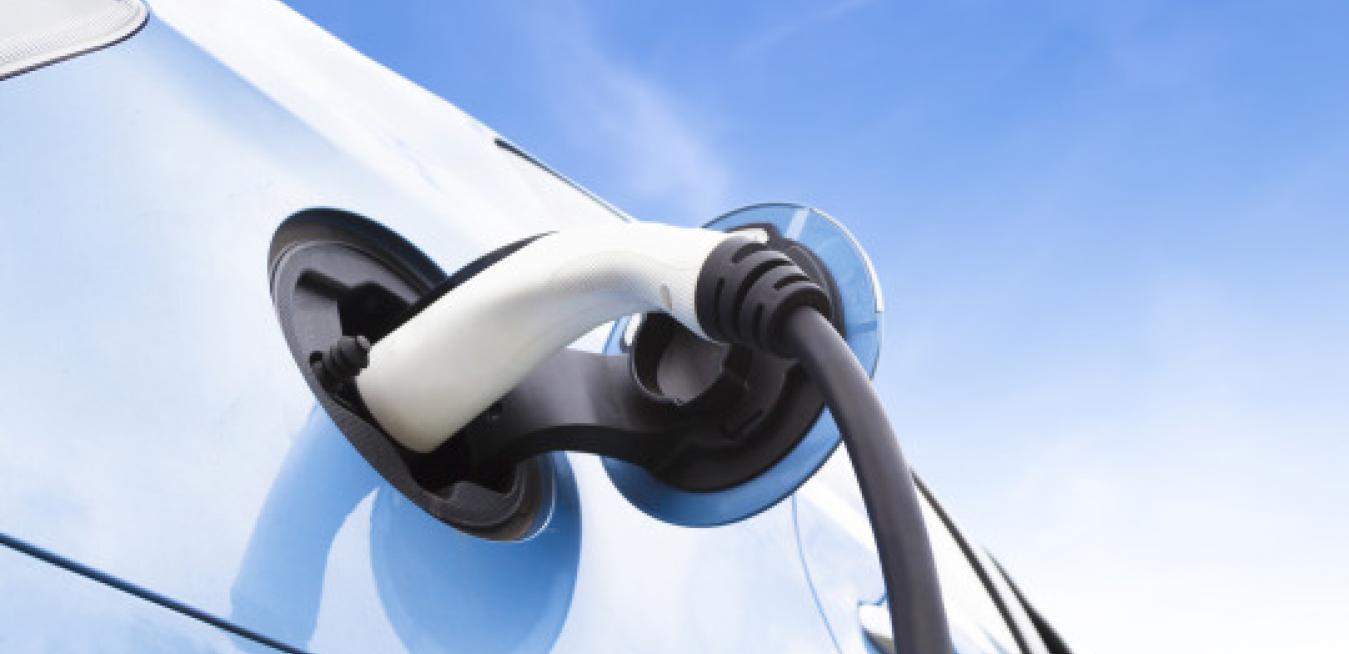As confirmed by World Health Organization research, ambient air pollution was responsible for an estimated 3 million premature deaths in 2012 and traffic is the biggest contributor to toxic air in cities – it also accounts for almost 25 percent of global-energy related greenhouses gases.
The EV Revolution Set to Accelerate Globally
It’s estimated there are over two million electric vehicles on the roads globally today. Looking forward to 2030, the Paris Declaration on Electro-Mobility and Climate Change has set a global deployment target of 500 million electric vehicles – this is about 25 percent of the estimated 2 billion car sales overall, by 2040.
While the green vehicle trend is accelerating around the world, ASEAN is in the slow lane with jeepneys, tuk-tuks, pick-up trucks, cyclos, petrol cars and motorcycles, expected to clog our roads in the near term.

While gridlock is likely to remain an issue for a mega-city such as Bangkok, more EVS on the road will reduce air and noise pollution levels in the city.
Electric Vehicles in ASEAN
Although Asia accounts for one-in-three EV sales made worldwide, they are mostly sold in China and Japan. Given this, ASEAN-based EV manufacturers, parts suppliers, and power generation producers and distributors, have a big growth opportunity ahead, and we look at how leading ASEAN nations are responding so far.
Singapore
As Singapore is small, and has a robust, modern transport infrastructure system, it is the best placed ASEAN nation to embrace the EV revolution. For example, an innovative car-sharing initiative promoted by the government is designed to take advantage of this potential with a target of 1,000 EVs, and over 2,000 charging points installed island-wide by 2020.
Philippines
With over 600,000 vehicles added to the roads annually, air quality in the Philippines would benefit greatly if these sales included more EVs. While progress has been slowed by the recent cancellation of a government E-trike initiative due to low adoption, the inaugural ASEAN EV Summit (to be hosted in Manila this month) could jump-start the EV revolution in both the Philippines, and the region.
Thailand
The government recently committed to an investment of US$4.1 billion to support their ambitious EV plan in Thailand. As a nation where automotive manufacturing accounts for around 10% of GDP, that’s a significant nod to the future potential of this industry. With tax incentives for users also included in the plan, the commitment shows strong support to boost the uptake of EVs domestically.
Malaysia
Malaysia has some of the most ambitious goals in the region, with the government aiming to encourage the adoption of over 100,000 EVs to the roads by 2020, supported by installing 25,000 public charging stations nationwide.
Indonesia
Jakarta, one of the most congested cities in the world, would experience a significant improvement in air quality if more EVs were introduced to its roads and motorways. Progress so far however, has been relatively slow but on-going research at several universities to develop domestic EVs offers an optimistic, green-tinged future.
Vietnam
Vietnam is a two-wheel nation with motorcycles accounting for over 95% of total vehicles on the roads. Thus, adoption of e-bikes in Hanoi alone, could potentially reduce two-wheeler CO2 emissions by up to 21% annually. While e-bike sales in 2013, totalled 150,000 units (about 14% of total motorcycle sales) more support is required in developing infrastructure, providing clarity on tax incentives, and legislative requirements, to accelerate e-bike sales.
Pro-EV policies needed
As has been the experience in other markets, the full benefits of EVS can only be realised if governments support the drive on many fronts. Clear fiscal and environmental initiatives are needed to create a transparent, supportive regulatory, sales, and infrastructure landscape. It’s all very well having efficient, cutting-edge electric vehicles, but without charging points to power them, the desired EV revolution in ASEAN will splutter along, rather than spark into life.





